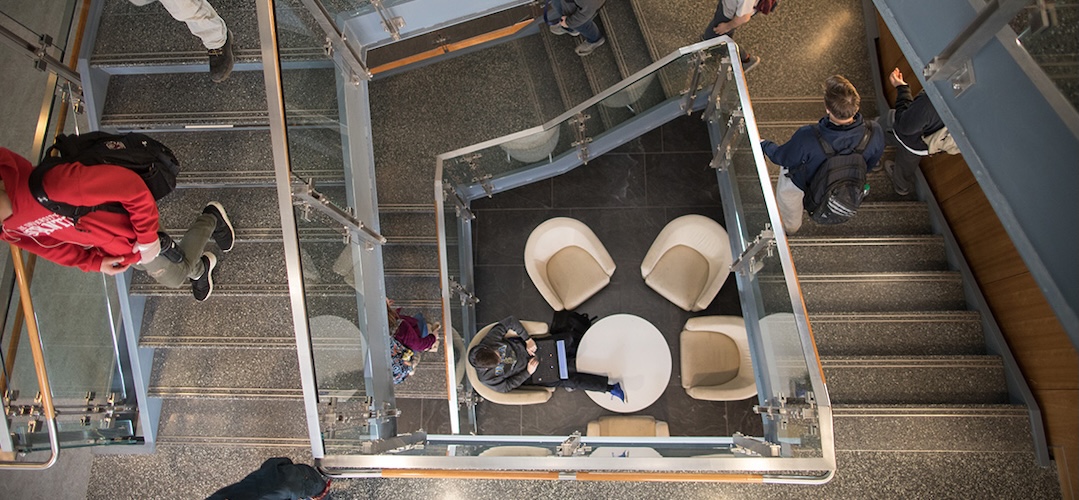Millennials at Work: How to Recruit, Retain, and Inspire the New Workforce

Millennials workers are transforming the modern workplace. Now the largest generational segment of the U.S. workforce — surpassing Gen Xers by about 3 million people — millennials are redefining how, where, and why people work.
To effectively recruit and retain millennial workers, HR professionals must evolve their strategies. This generation expects more than a paycheck — they want purpose, flexibility, and a workplace culture that aligns with their values. Below are four key approaches to help companies connect with millennials at work and create an environment where they thrive.
Tips for Attracting and Retaining Millennial Workers
As millennial professionals continue to shape the modern workforce, employers must evolve their strategies to meet new expectations. The following tips offer practical ways to connect with millennials at work and build long-term engagement:
1. Build a Thriving Corporate Culture
Unlike previous generations, millennial workers seek more than stability. They want to be part of a vibrant community that promotes innovation, collaboration and inclusion. A thriving company culture is a top priority for millennials, and it can be a key differentiator in talent acquisition.
Take Google, for instance. Its engaging culture includes team scavenger hunts, on-site cafés, open-concept workspaces and regular team outings. These elements contribute to a sense of belonging that resonates with millennials at work and encourages loyalty.
Key takeaways:
- Promote a sense of purpose and team cohesion
- Support open communication and employee-led initiatives
- Create physical and cultural spaces that foster collaboration
2. Offer Meaningful Benefits and Flexibility
To appeal to millennial workers, organizations must rethink traditional benefits. While salary remains important, millennials also value flexible work arrangements, student loan assistance and professional development opportunities.
Millennials at work often seek roles that offer greater control over their schedules, such as the ability to work remotely, customize their hours, or purchase additional time off. Competitive health insurance and retirement benefits are also important, as this generation tends to prioritize financial security and personal well-being.
HR strategies to consider:
- Modernize benefits packages to reflect millennial preferences
- Provide clear options for remote and hybrid work
- Regularly assess employee satisfaction with compensation and perks
3. Redefine Mentorship for the Modern Age
Mentorship remains important, but millennial workers are redefining what it looks like. Instead of a top-down relationship, millennials prefer mentorships that are reciprocal and collaborative.
They want to learn from experienced professionals and contribute insights of their own. This mutual learning approach aligns with millennials’ desire for growth, transparency and continuous feedback.
Modern mentorship best practices:
- Create opportunities for reverse mentoring
- Encourage feedback from both parties
- Align mentors and mentees based on shared values and goals
Use Digital and Social Recruitment Channels
If you want to connect with millennial workers, you need to meet them where they are — online and on mobile. Traditional job boards and newspaper ads no longer suffice. In fact, nearly half of millennials use only their smartphones to search for jobs, and a majority turn to social media to find opportunities.
In addition to a strong digital presence, employers should build relationships with university career centers, attend college job fairs, and actively recruit on platforms like LinkedIn.
Digital recruitment strategies:
- Optimize job postings for mobile and social platforms
- Leverage employee testimonials and video content
- Partner with higher ed institutions to access emerging talent
Elevate Your Expertise
Unlock new opportunities and expand your skills with an education designed for your future. Get started today!
Request InformationAdvance Your HR Career with a Master’s in HR Management
Understanding the expectations of millennials at work is essential for today’s HR professionals. Whether it’s rethinking benefits, reshaping mentorship or recruiting through digital channels, the ability to adapt is crucial to success.
The University of Scranton’s master's in HR management program equips HR leaders with the knowledge and tools to navigate a changing workforce. Through specialized courses in talent management, organizational behavior and strategic HR leadership, students gain practical skills to manage a multigenerational workplace, especially one driven by millennial workers.
Ready to build a workforce that works for everyone? Learn more about how The University of Scranton can prepare you to lead.
Explore the MS in Human Resources Management today!
Take the Next Step
Your goals are within reach. Now is the time to make your next move and turn ambition into achievement.
Request More Information
Whether you're curious about The University of Scranton application process, admission requirements, tuition and financial aid, or specific program details, we're here to help.
Fill out this form, and we'll be in touch shortly.
By submitting this form, I am providing my express consent authorizing The University of Scranton and their representatives to contact me by email, phone, or text (including use of automatic dialing system) at the home or cell phone number above. Consent is needed to contact you but is not a requirement to register or enroll. Standard text messaging and/or data rates may apply.


